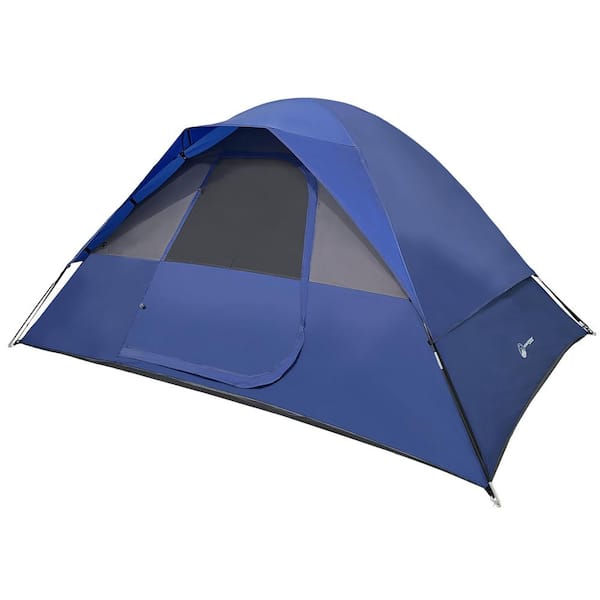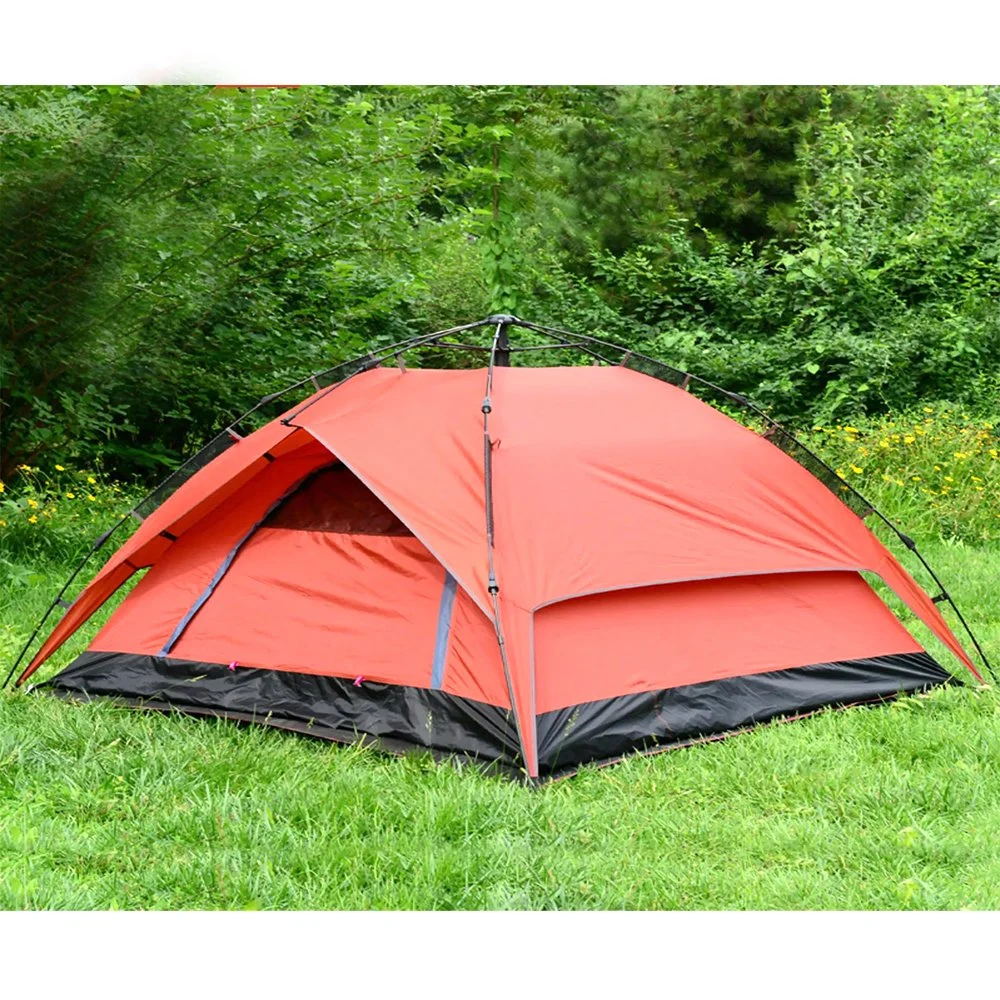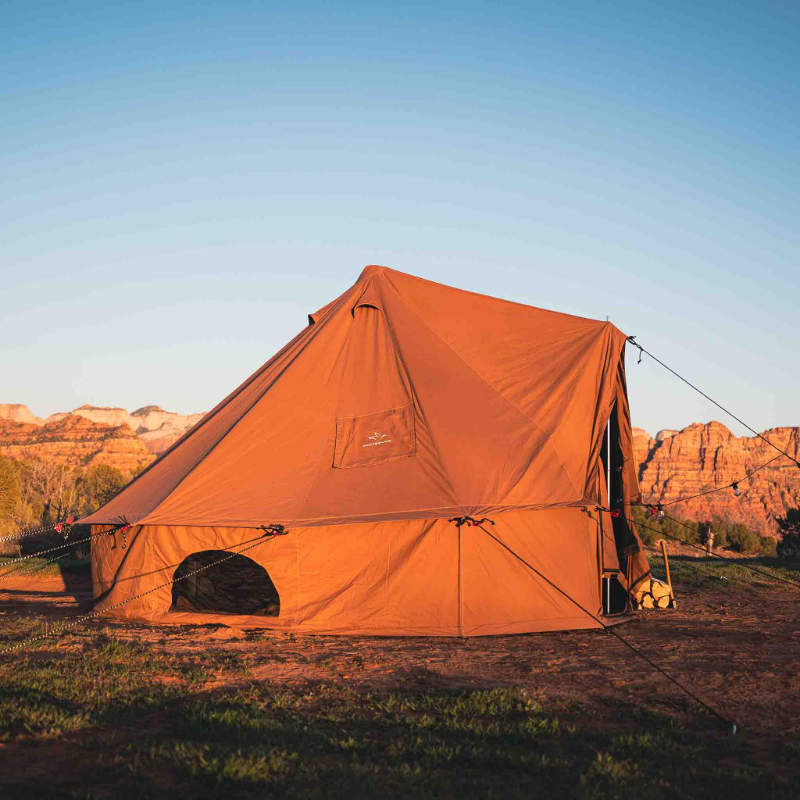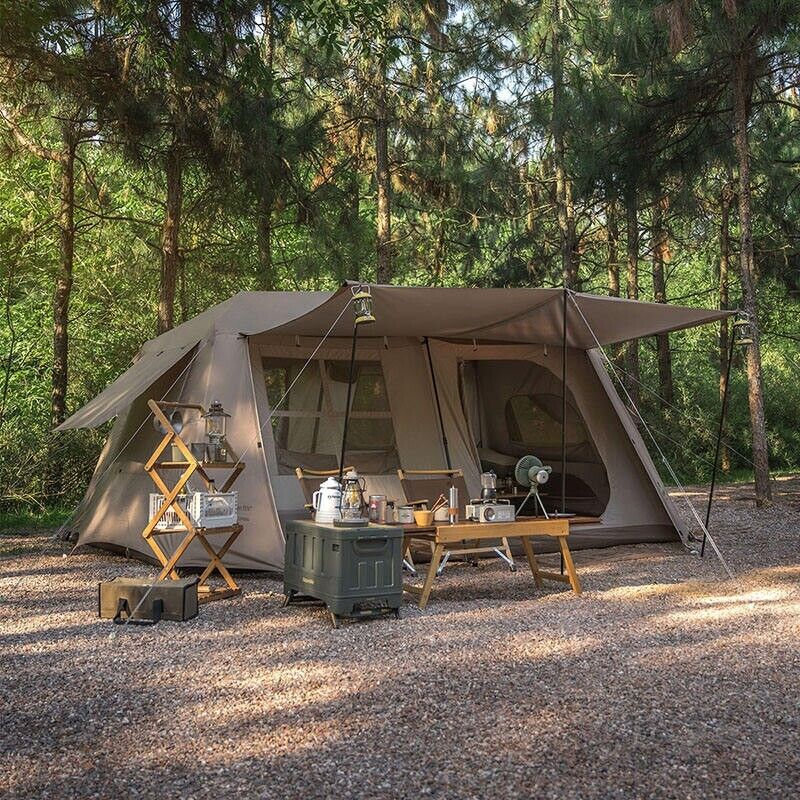Living in a tent presents a unique lifestyle that not everyone considers. For those who dare to step outside the confines of a traditional home, this experience can be both enriching and challenging. It opens windows to fresh perspectives while offering a deep connection to nature. Moreover, many people seek this plain yet fulfilling existence for various reasons. From financial freedom to a minimalist lifestyle, the motivations vary widely. But, before embarking on this adventurous venture, it’s crucial to weigh the pros and cons.
Benefits of Tent Living
Financial Freedom
One of the primary advantages of living in a tent is undoubtedly financial freedom. The costs associated with maintaining a traditional home can be staggering. Utilities, mortgage payments, and insurance quickly add up. However, living in a tent eliminates most of these expenses. You can save significant amounts of money over time, allowing for greater flexibility in your financial choices. Moreover, the savings can be allocated toward travels, experiences, or investments that genuinely enrich your life.
Closer to Nature
Another significant benefit is the opportunity to connect with nature. Living in a tent places you right at the heart of the wilderness. Surely, waking up to birds chirping and fresh air is invigorating. It fosters a sense of peace and tranquility that’s hard to find in an urban environment. Nature becomes your playground, offering endless opportunities for exploration and adventure. Additionally, you may find yourself developing a deeper appreciation for the world around you.

Challenges of Tent Living
Weather Variability
Despite the numerous advantages, living in a tent also presents some formidable challenges. One of the most significant hurdles is dealing with weather variability. Rain, wind, and extreme temperatures can quickly make your living situation uncomfortable. For instance, heavy rain can lead to damp belongings and a soggy sleeping area. In contrast, heat can lead to sweltering nights. You must adapt to these fluctuations, which can add stress to your lifestyle.
Safety Concerns
Safety is another crucial aspect to consider. When living in a tent, you expose yourself to potential dangers like wildlife encounters and theft. Depending on your location, the risk associated with personal safety may vary. It’s essential to choose a secure location to minimize potential risks. Furthermore, securing your belongings becomes a daily effort, which can be stressful. It’s important to weigh these issues seriously before making the plunge into tent living.
Preparing for Tent Living
Selecting the Right Tent
Preparation is key for successful tent living. Selecting the right tent can make all the difference in your experience. Various options exist based on size, material, and features. For instance, a three-season tent is suitable for most weather conditions and can be more versatile. Always consider where you plan to set up camp. Rainy climates may require a waterproof tent. Additionally, look for tents with proper ventilation to prevent condensation buildup.
Essential Supplies
Apart from the tent itself, you’ll need essential supplies to enhance comfort. Sleeping bags, camp stoves, and portable toilets can improve your living conditions. Also, don’t forget a first-aid kit, flashlight, and adequate food supplies. Organizing these items efficiently makes day-to-day life easier. A well-planned setup can ultimately enhance your quality of life while living in a tent.

Daily Life in a Tent
Routines and Tools
Living in a tent requires establishing new routines. Daily tasks like cooking, bathing, and cleaning must be adjusted for your environment. Having a portable camping stove can make meal preparations much simpler. Likewise, establishing a regular cleaning schedule helps maintain a respectable living space. Additionally, consider incorporating outdoor activities during your day. Hiking, reading, or journaling can provide enriching experiences.
Social Aspects
Another aspect of daily life in a tent is social interactions. Living in close proximity to nature might seem isolating, but it can foster community. Many campers and outdoor enthusiasts enjoy sharing their experiences and tips. Attending local camping events or joining online forums could enhance this social aspect. Shared experiences can create lasting friendships.
Maintaining Comfort While Tent Living
Creating a Comfortable Sleeping Space
Moreover, maintaining comfort in your living situation is crucial. For instance, your sleeping arrangement should be a priority. Invest in a high-quality air mattress or sleeping pad for a comfortable night’s rest. Blankets and sleeping bags suitable for varying temperatures can enhance comfort as well. A proper sleeping setup ensures you can recharge each night, making daily challenges more manageable.
Staying Organized
Organization plays a vital role in comfort during tent living. A cluttered space can quickly become overwhelming. Use bins or organizers for your essential items and personal belongings. Keeping everything in its place can mitigate stress and make daily tasks more efficient. Developing a system that works for you is essential for long-term success.
Environmental Responsibility
Leave No Trace Principles
If you choose to live in a tent, embracing environmental responsibility is crucial. Adopting “Leave No Trace” principles can help preserve nature. Always clean up after yourself, removing waste and trash. This practice not only keeps nature pristine but also shows respect for fellow campers. Educating yourself about local flora and fauna can enhance your outdoor experiences. Ensure you leave the environment as you found it.
Sustainable Practices
Additionally, consider implementing sustainable practices. Using solar-powered devices can reduce your carbon footprint significantly. Moreover, seeking out natural resources like freshwater can help in minimizing your reliance on packaged goods. Properly disposing of waste is essential, especially in natural settings. Practicing sustainability while living in a tent will benefit both you and the environment.
Enhanced Connections
Deepening Relationships with Others
Living in a tent can offer unparalleled opportunities to deepen relationships. When you spend time outdoors with friends or family, shared activities create strong bonds. Campsites often facilitate quality time without usual distractions. Whether you’re hiking, cooking, or stargazing, the experience can strengthen your connections. Create new memories and stories worth telling.
Self-Reflection and Growth
Additionally, tent living provides space for self-reflection and personal growth. The solitude and tranquility of nature can inspire introspection. Spend time exploring your thoughts and feelings. Journaling or meditating can elevate this experience even further. You may discover insights that lead to transformative changes in your life.

The Long-Term Perspective
Evaluating Longevity
When considering tent living, you might wonder about its long-term feasibility. Can you maintain such a lifestyle for extended periods? The answer depends on your personal preferences and goals. Some people thrive in this environment and choose to make it a long-term commitment. However, for others, periodic breaks may be necessary. Identifying your limits is essential in making this lifestyle work for you.
Transitioning Back to Traditional Living
Finally, if you decide to transition back to a traditional living situation, be prepared for changes. Many tent dwellers feel reinvigorated after their time spent outdoors. Returning may involve adjusting back to modern conveniences. Nevertheless, the experiences and lessons learned during your time in a tent can serve you well. Keep the memories alive, no matter where you choose to live.
Conclusion: A Lifestyle Choice
Ultimately, living in a tent is a significant lifestyle choice. It requires careful consideration, preparation, and resilience. The benefits certainly outweigh the challenges for many who embrace this adventure. You gain financial freedom, a closer connection to nature, and life skills. However, the challenges cannot be overlooked. Weather, safety, and daily living adjustments will demand your attention.
For those who relish the call of the wild, tent living can be life-changing. You’ll forge meaningful connections with nature and others. You might find personal growth and insights that transform your perspective. By embracing the key principles discussed—organization, environmental responsibility, and community—you set yourself up for success. In the end, living in a tent might become one of the most rewarding experiences of your life. Prepare, adapt, and find joy in this remarkable journey.
